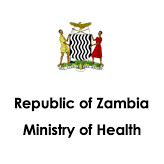
Ministry of Health
The Ministry of Health in Zambia is the government agency responsible for the oversight and administration of healthcare services in the country. Its primary goal is to improve the health and well-being of the Zambian population through the development and implementation of healthcare policies, programs, and regulations.
Overall, the Ministry of Health in Zambia plays a vital role in shaping the healthcare landscape of the country. By focusing on service delivery, disease prevention, human resources, infrastructure, financing, and research.
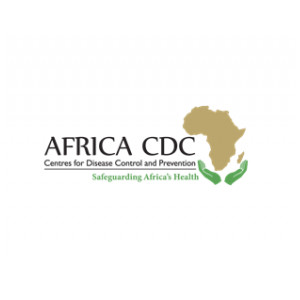
Africa Center for Disease Control (ACDC)
The Africa Centers for Disease Control and Prevention (Africa CDC) is a specialized agency of the African Union (AU) that focuses on strengthening Africa’s capacity to detect, prevent, and respond to disease outbreaks and public health emergencies. It was established in 2017 as a response to the urgent need for a coordinated and integrated approach to address the continent’s public health challenges.
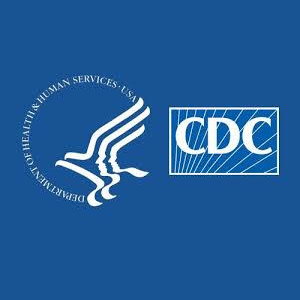
Center for Disease Control (CDC)
The Centers for Disease Control and Prevention (CDC) is the national public health agency of the United States. It is a part of the Department of Health and Human Services and is headquartered in Atlanta, Georgia. The CDC’s mission is to protect public health and promote health and well-being through the prevention and control of diseases, injuries, and disabilities.
The CDC plays a critical role in safeguarding the health of the American population and promoting public health both within the United States and globally.
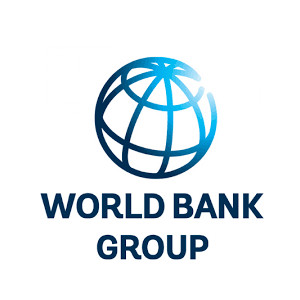
The World Bank
The World Bank is an international financial institution that provides loans, grants, and technical assistance to countries for development projects and programs. Its primary goal is to reduce poverty and promote shared prosperity by supporting sustainable economic growth, investing in human capital, and fostering resilience to global challenges.
The World Bank plays a critical role in mobilizing financial resources, providing technical expertise, and promoting sustainable development in its member countries.
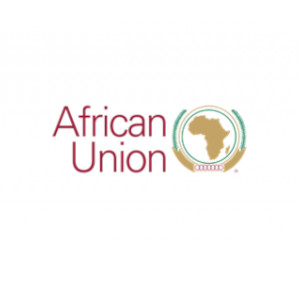
The African Union
The African Union (AU) is a continental organization consisting of 55 member states in Africa. It was established on May 26, 2001, as a successor to the Organization of African Unity (OAU) with the aim of promoting unity, peace, and development in Africa. The AU serves as a platform for African countries to coordinate and collaborate on various political, economic, social, and security issues.

